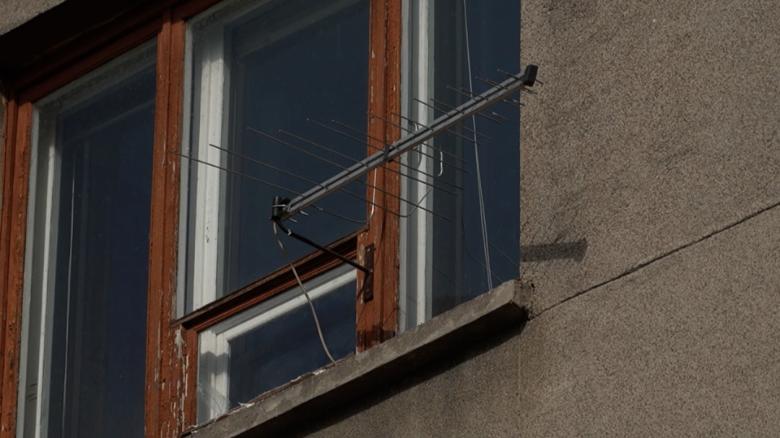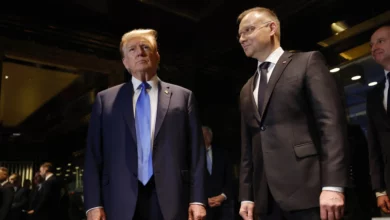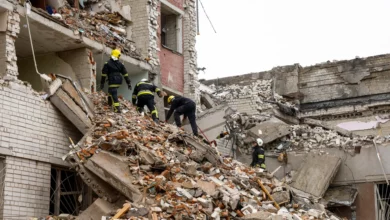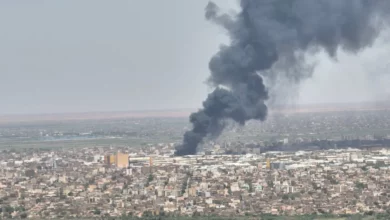
New York (CNN) – It’s hard to find out what’s going on inside Russia as its attack on Ukraine rages.
So those looking for news of what’s going on there are looking to neighboring Estonia, CNN’s Scott Mclean reported from its capital Tallinn, for “Reliable Sources” Sunday.
“Eastern neighbors in Estonia have long been hooked on the programming coming out of Russian state TV,” CNN’s chief media correspondent Brian Stelter said.
Estonia, a country of 1.3 million people, has taken in 30,000 Ukrainian refugees since the war began. Like Ukraine, it was formerly part of the Soviet Union, has a large Russian-speaking population, and a well-founded fear of Russian aggression.
The majority of its population is ethnically Estonian but it has a large Russian minority. In the towns just across the Narva river, which separates the country from Russia, many older residents don’t speak Estonian well, if at all.
“In the absence of a whole lot of Russian language media in Estonia, Russian state media has been left to fill the void, giving people a steady dose of Kremlin propaganda,” Mclean said.
But now even that source has been cut off since the invasion. When Russia invaded Ukraine on February 24, Estonia blocked many Russian news outlets and TV channels.
“Many people here [are] buying some systems to pick up Russian channels,” said Vladimir Zavoronkov, a city council chairman in Narva, Estonia’s third-largest city, which is located on its border with Russia.
Many are buying antennas in electronic stores to pick up Russian channels and the more technologically-advanced are setting up their own VPNs, he added.
Russians in the dark about true state of war amid country’s Orwellian media coverage
Ilya Federov and his father Oleg, who live in Narva, have hooked up one TV to a Russian satellite dish and another to an antenna, but they tune into only some of the programming they can get.
“I can only watch them 15 seconds maximum because of the levels of aggression and paranoia and blatant lies,” Ilya Federov said. “It’s crazy.”
Russian propaganda runs deep, and the majority of Narva residents believe what they hear in those news reports, said Oleg Federov.
But Russian state media isn’t the only option. ETV+, a channel launched by the Estonian Public Broadcasting in 2015, gives Russian-speaking Estonians access to reliable news about their own country and the world.
Anchors for ETV+ have to be especially careful covering the war. “Our viewers are ready to blame us or ready to charge us because they don’t believe us,” ETV+ anchor Margarita Tanajeva said.
“But we are ready to speak with them. I don’t want to judge them … I’m ready to give those people time and make them believe me,” she said.
Correction: An earlier version of this article incorrectly described the ethnic makeup of Estonia.




